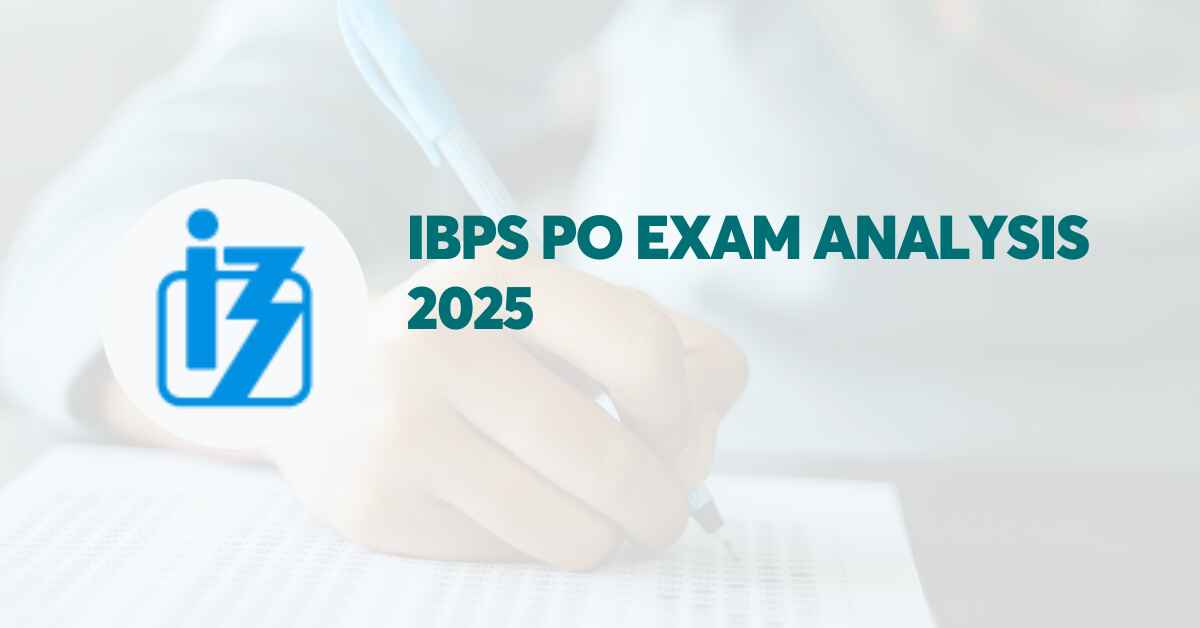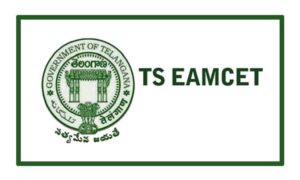Preparing for the Institute of Banking Personnel Selection (IBPS) Probationary Officer examination demands a clear strategy, disciplined preparation, and smart practice. Success in this exam is about working smart with the right plan and tools. Mock tests serve as the foundation for effective preparation, offering candidates valuable insights into their performance levels.
Taking an ibps po mock test regularly helps aspirants gauge their readiness and adapt their study strategies accordingly. The real value lies not just in attempting these tests but in conducting a thorough analysis afterwards. This blog covers the systematic approach to evaluating mock test results and extracting meaningful insights for enhanced preparation.
Understanding Test Structure and Sections
Mock tests typically contain multiple sections, including reasoning ability, quantitative aptitude, and English language. Each section carries specific weightage and has distinct time allocation requirements. Recognising the structure helps candidates allocate their study time more effectively.
The reasoning section tests logical thinking and problem-solving capabilities through various question types. Quantitative aptitude evaluates mathematical skills and numerical reasoning abilities. English language assessment focuses on grammar, vocabulary, and comprehension skills essential for banking operations.
Creating a Performance Analysis Framework
Establishing a structured framework for analysis ensures consistency in evaluation across multiple mock tests. This framework should include accuracy rates, time spent per section, and difficulty levels of attempted questions. Recording these metrics creates a clear picture of progress over time.
Section-wise performance tracking reveals patterns in strengths and weaknesses. Maintaining detailed records of correct answers, incorrect responses, and unattempted questions provides actionable data. This systematic documentation forms the basis for targeted improvement strategies.
Identifying Weak Areas Through Data Analysis
Mock test results reveal specific topics and question types that require additional attention. Analysing incorrect answers helps identify knowledge gaps and conceptual misunderstandings. This analysis should focus on the root causes rather than surface-level mistakes.
Pattern recognition in errors often reveals underlying issues with particular concepts or calculation methods. Some mistakes occur due to time pressure, while others indicate fundamental knowledge gaps. Distinguishing between these categories allows for more targeted remedial measures.
Time Management Assessment Techniques
Effective time distribution across sections directly impacts overall performance in IBPS PO examinations. Mock test analysis should include detailed timing data for each question and section. This information helps identify sections where candidates spend excessive time or rush through questions.
Tracking time per question reveals efficiency patterns and highlights areas needing speed improvement. Some questions may require more time due to complexity, while others can be solved quickly with proper techniques. Balancing accuracy with speed requires careful analysis of timing data.
Strategic Error Classification Methods
Categorising mistakes into different types provides clarity on improvement areas. Common error categories include:
- Calculation errors due to computational mistakes
- Conceptual errors stemming from misunderstood principles
- Reading errors caused by misinterpreting the question requirements
- Time pressure errors resulting from rushed attempts
- Strategy errors from poor question selection
This classification system enables focused practice on specific error types. Understanding why mistakes occur is more valuable than simply noting incorrect answers. Each category requires different remedial approaches and practice techniques.
Developing Targeted Study Plans
Mock test analysis should translate into actionable study plans addressing identified weaknesses. These plans must balance revision of weak areas with maintaining strength in well-performing sections. Regular reassessment ensures the study plan remains relevant and effective.
Priority should be given to topics with high weightage and frequent appearance in mock tests. However, completely neglecting any section can prove detrimental to overall scores. Creating a balanced approach that addresses all sections while focusing on improvement areas yields better results.
Progress Tracking and Adjustment Strategies
Regular monitoring of improvement trends helps maintain motivation and adjust strategies when needed. Comparing performance across multiple ibps po mock test attempts reveals progress patterns and areas requiring additional focus. This ongoing evaluation ensures preparation remains on track.
Setting realistic milestones based on mock test performance helps maintain steady progress toward exam readiness. Each milestone must be clear, quantifiable, and tied to a specific deadline. Regular achievement of smaller goals builds confidence and maintains momentum throughout the preparation period.
A methodical approach to mock test analysis transforms practice sessions into powerful learning opportunities. By systematically evaluating performance, identifying patterns, and implementing targeted improvements, candidates can significantly enhance their preparation effectiveness. The key lies in treating each mock test as a diagnostic tool rather than merely a practice exercise, ensuring that every attempt contributes meaningfully to exam readiness and success.






Be First to Comment